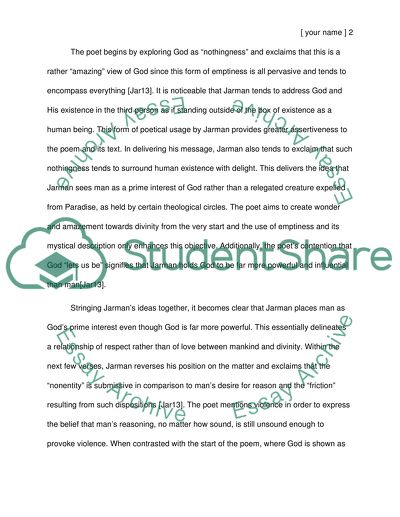Cite this document
(“Unholy sonnet 4 by Mark Jarman Essay Example | Topics and Well Written Essays - 1000 words”, n.d.)
Retrieved de https://studentshare.org/literature/1471070-unholy-sonnet
Retrieved de https://studentshare.org/literature/1471070-unholy-sonnet
(Unholy Sonnet 4 by Mark Jarman Essay Example | Topics and Well Written Essays - 1000 Words)
https://studentshare.org/literature/1471070-unholy-sonnet.
https://studentshare.org/literature/1471070-unholy-sonnet.
“Unholy Sonnet 4 by Mark Jarman Essay Example | Topics and Well Written Essays - 1000 Words”, n.d. https://studentshare.org/literature/1471070-unholy-sonnet.


